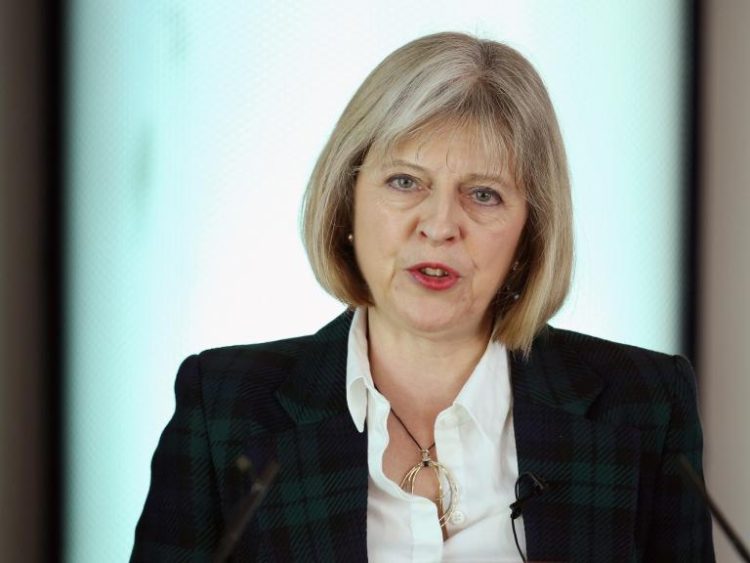By Ben Kerrigan-
The Uk Prime Minister, Theresa May. has confirmed her plans to end the powers of the European Court of Justice(ECJ) in the UK after Brexit.
The British government today published full details of Theresa May’s plans to give British judges absolute control of British laws. “take back control of our laws”.
The ECJ is normally the highest sitting court that deals with disputes involving citizens of member states. Its rulings at the moment carry more weight that the rulings of domestic judges in Britain. It arbitrates disputes between countries and EU institution. The confirmation by the government also states that the rights of EU citizens living in the Uk after Brexit will be subject to British law, which is an expected position after Brexit
Several models used by other countries were used as a point of reference in the publication, which concluded that the ECJ no longer needs to make final decisions in British cases. This should be straight forward enough, except that it allows some leverage for the ECJ to have an influence on the outcome of disputes. A simple reason for this is to ensure that EU citizens are not discriminated in cases with facts that would have seen them easily acquitted under EU law. Another reason will be to keep the British Government in check and make sure they do abuse their power in a manner that makes complete nonsense of principles formerly used under EU Law.
COMPLEX
The transition will be a complex one that will give British judgment a lot more powers in British cases, but compel them to sometimes take into account the legal principles formerly shared with other member states of the EU. Trade could be a sticky point requiring the application of EU law to ensure a level playing field , making EU law a present force in trade agreements, and potentially spilling into other areas of law.
It will want a level playing field in trade and that will mean a lot of EU law as part of the agreement.
The pro-EU Open Britain campaign group have labelled the government’s policy paper a “climbdown camouflaged in jingoistic rhetoric”.
The group called it “frustratingly vague”, adding that in almost every example it provides, the ECJ would have “substantial direct or indirect power over the proposed new relationship between Britain and the EU”. That conclusion is the likely scenario facing the legal arena post Brexit. The ECJ will always be lurking in the background of many cases, playing a close to prominent or influential role many times.
However, British judges will use their legal training to know when to insist on imposing their own judgement on a case and disregarding an influence or suggestion from the European Court of Justice. A relationship in the form of a partnership is what will emerge from this uncertain and undecided path dictated by Brexit. The UK having more of a bite in all cases, with the ECJ quietly sharing that power in many cases, or using their influence to have a say when considered necessary.

